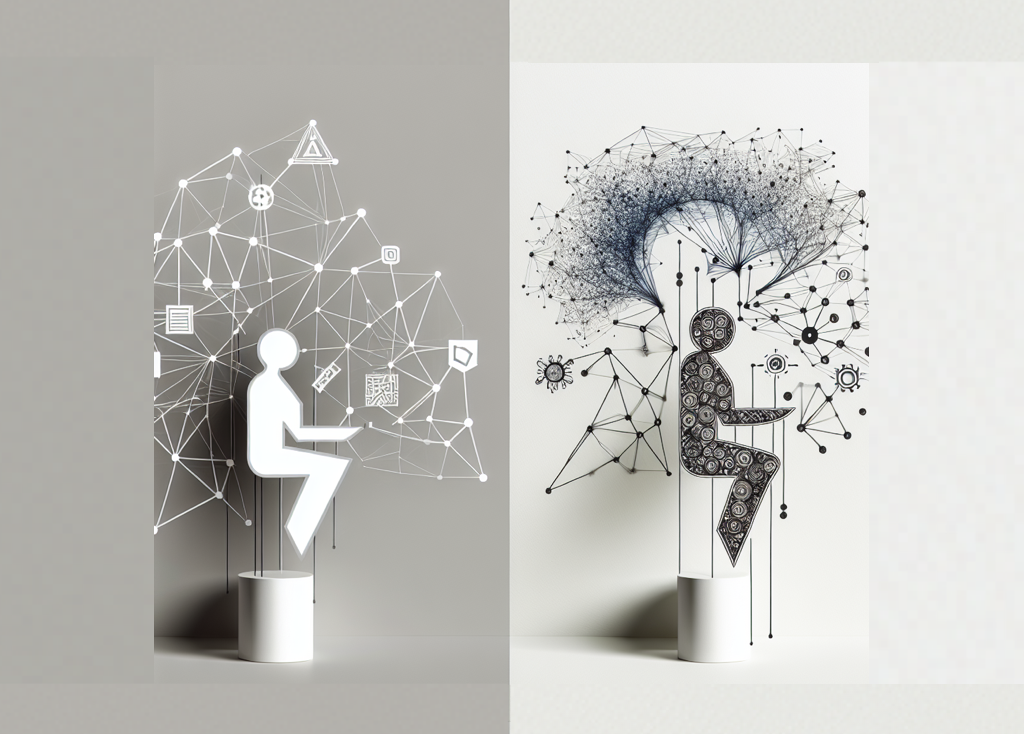What is the Difference Between an AI Model and an AI Agent?
In the rapidly evolving world of AI, understanding the distinction between an AI model and an AI agent is crucial for businesses and tech enthusiasts alike. Both terms are often used interchangeably, but they serve different purposes and have unique functionalities. Here we will define the difference between them using the example of Younet AI agent creating platform.
What is an AI Model?
An AI model is essentially a mathematical framework designed to perform specific tasks by learning from data. These models are trained using vast datasets to recognize patterns, make predictions, and provide insights. Common examples include machine learning models like neural networks, decision trees, and support vector machines. The most known example of the AI Model is Chat GPT. AI models are the backbone of many applications, from recommendation systems to image recognition.
Key Features of AI Models:
- Data-Driven: AI models rely heavily on data for training and improving accuracy.
- Task-Specific: They are designed to perform specific tasks, such as classification, regression, or clustering.
- Predictive Capabilities: AI models can predict outcomes based on input data, making them invaluable for forecasting and decision-making.
What is an AI Agent?
On the other hand, an AI agent is a more complex entity that not only uses AI models but also interacts with its environment to achieve specific goals. They are often used in applications requiring real-time decision-making and interaction, such as virtual assistants, autonomous vehicles, etc.
Key Features of AI Agents:
- Autonomy: AI agents can learn from its interactions. Any missing or new knowledge can be added and analyzed by Agent to improve performance.
- Interaction: They interact with their environment, gathering data and responding to changes dynamically.
- Goal-Oriented: AI agents areprogrammed to achieve specific objectives, often optimizing their actions to reach these goals efficiently.
Key Differences Between AI Models and AI Agents
- Functionality: While AI models are primarily focused on data analysis and using existing rules and limitations, AI agents are designed for interaction and training.
- Complexity: AI agents are generally more complex, incorporating multiple AI models and additional components to interact with their environment.
- Application: AI models are used in tasks like data analysis, while AI agents are employed in scenarios requiring real-time decision-making and adaptability.
Younet, as an example of an AI agent, is designed to provide a real-time AI training experience. This leads to the adaptation opportunities and more personalized approach to unique tasks. Aside of that, using the user’s knowledge increases the level of personal touch and unique behavior of each Younet agent.
